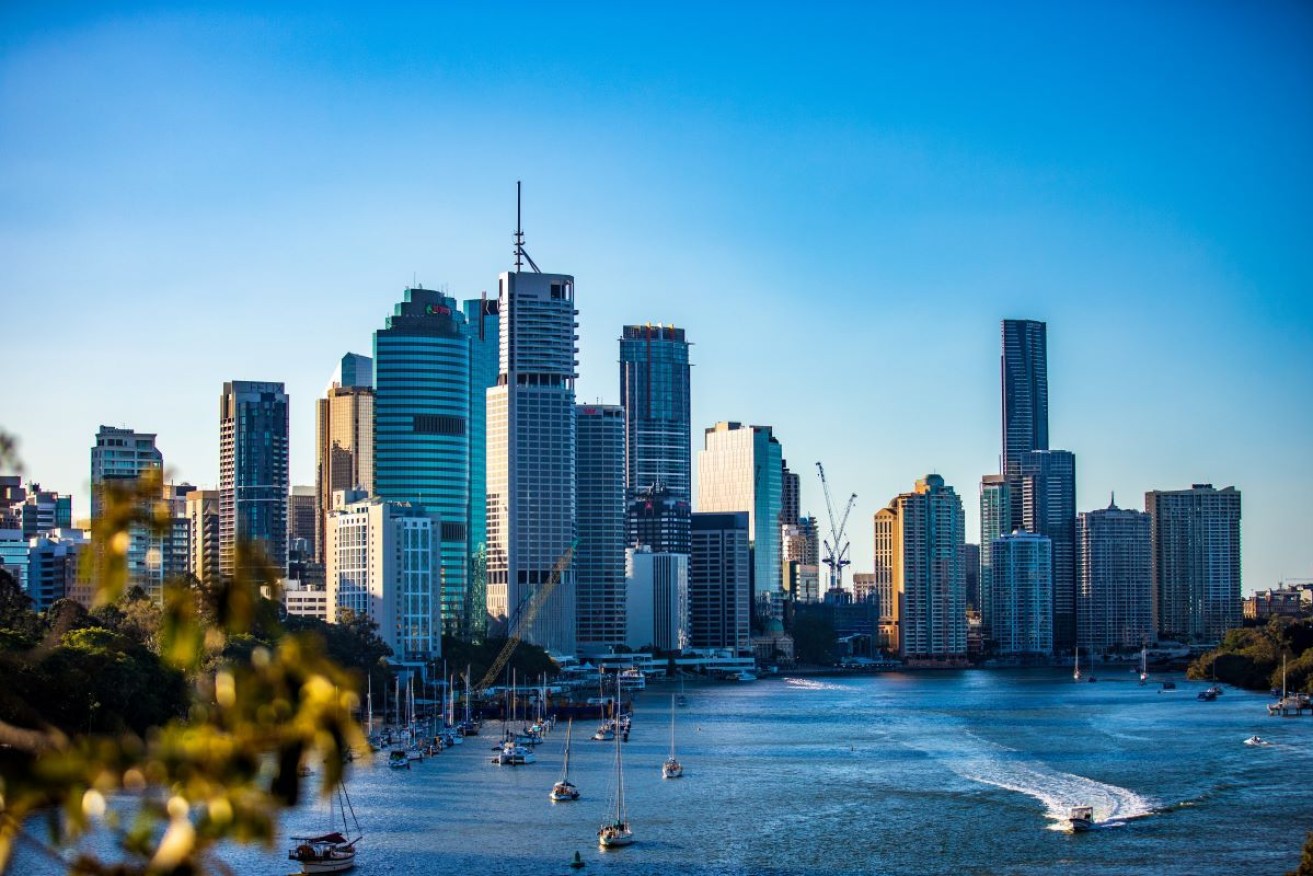Office towers, public transport may go in ‘mass exodus’ from our CBD
Brisbane’s central business district may have to be redesigned and some office buildings demolished or repurposed, councils could see a falling rates base and people could abandon public transport, according to urban and environmental planner Dr Tony Matthews.


The Griffith University lecturer said there was building evidence of a “mass exodus” from commercial office space in the Brisbane CBD as a result of the COVID-19 pandemic and the move would have major implications for all cities in a variety of ways.
“The opportunities for urban transformation are stronger than ever, with the loss of CBD activity giving rise to potential new populations in areas that will need careful consideration around issues of space, consumption patterns and so forth.
“Urban planners and designers have spent decades trying to reduce the concentration of workplaces in central business districts, with a focus on providing more workspaces in suburbs, but interventions never worked that well before 2020,” Matthews said.
Matthews said parts of today’s CBD may need to be redesigned if they were no longer economically viable in their current form.
“Some retail districts might be an example of this and some office buildings may be demolished or repurposed.
“Surrounding urban infrastructure and public space may have to change over time in response.
“If fewer workers are spending money in cities, businesses may close, reducing rates payments. If city authorities respond by raising rates for the remaining business, they too may close. It’s a difficult problem to balance. Many cities struggled with it after the global financial crisis and many will again over the next few years.”
Google mobility data up to August 25 showed public transport in Brisbane had fallen 44 per cent since the start of the year and the number of people visiting workplaces had fallen 21 per cent.
Matthews says a lack of enthusiasm for public transport, already clearly impacted, could continue.
“Fear of exposure post-COVID and less need to travel to an office no longer located in the CBD could see a similar outcome,” he said.
“There is also emerging evidence that interest in car ownership is strongly trending up at the moment.
“A similar thing happened in some Asian cities after SARS in 2003 where public transport numbers in Beijing, for instance, never returned to pre-outbreak levels.”
Matthews said people’s homes had been shown to work very well as their workspaces and many CBD businesses were learning this was a viable model.
“The implications on the ecosystem that has to date served the CBD model could be dramatic but will depend on two factors; the number of workers leaving the city and the population of full-time residents in the CBD.”
He said there had been reports that some businesses were looking to reduce their office tenancy by up to 50 per cent.
However, a recent Property Council study indicated that the shift out of the city had not yet happened because tenancy agreements were usually struck over longer periods than the current pandemic.
“Something else to consider is the loss of rates collected by city authorities, to pay for certain costs in cities.
“There is precedent for these kinds of major urban transformations, where cities all over the world have had success in transforming old industrial spaces and waterfronts, turning them into desirable and active places with permanent residential populations.
“Attracting people back to the CBD may happen through improved urban design, rent deals, reduced business rates and so forth.
“Subsidies can be eased over time as the transformations take hold and new economies and city places start to stabilise.”












